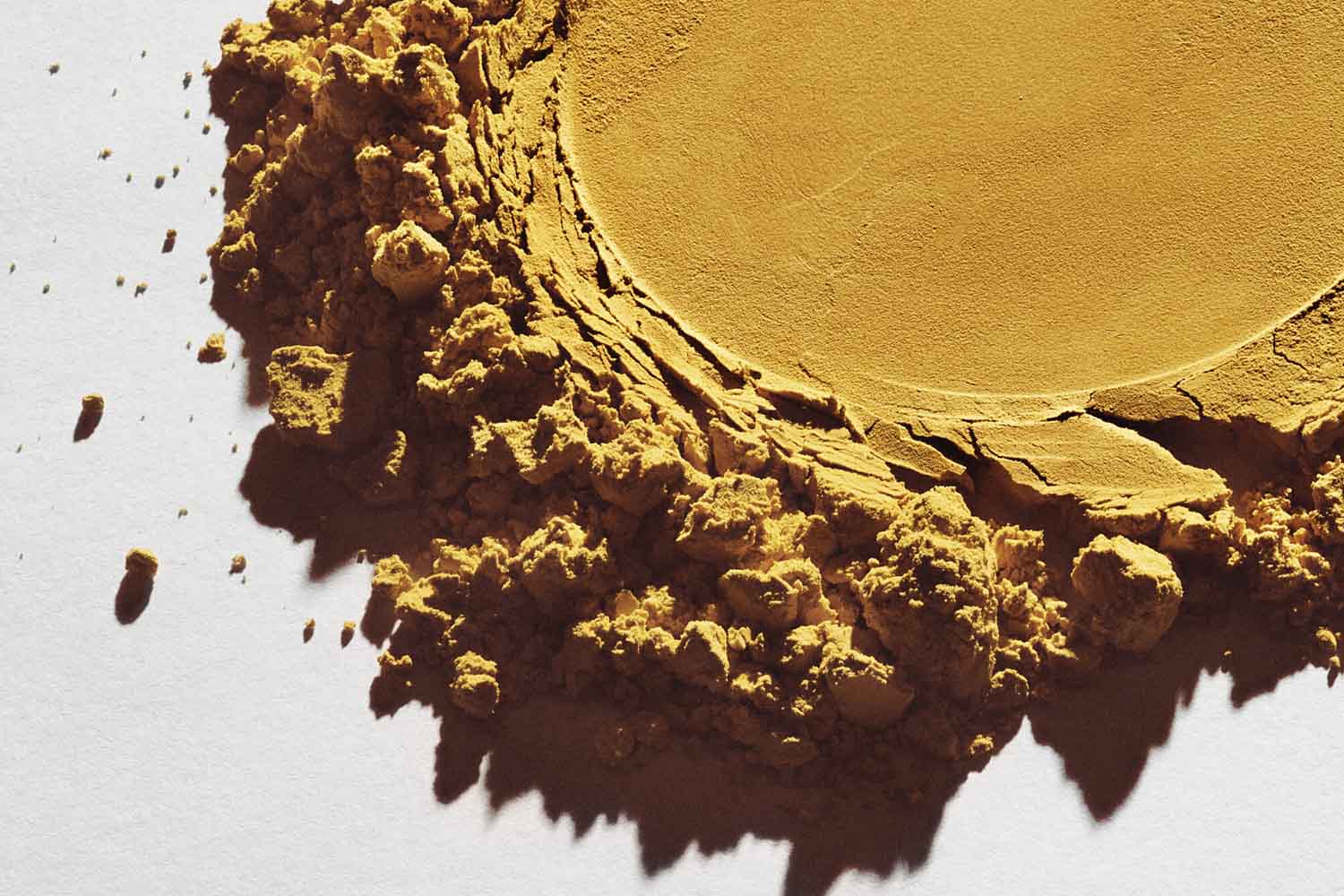Solein, a Finnish protein made from air, seeks FDA approval. Already sold in Singapore, it could soon enter the $10B U.S. sports protein market by 2026.

©Solar Foods
Table of contents
A protein that doesn’t come from animals or cultivated fields, but from the air itself. It may sound like science fiction, yet Solein is real. Developed by the Finnish startup Solar Foods, it’s a protein ingredient designed to make our diets more sustainable and less dependent on the fragile systems of agriculture and livestock.
Seeking FDA approval
Solar Foods has just filed a formal request with the Food and Drug Administration (FDA), the U.S. agency responsible for food safety. The company hopes to secure what is known as a “no questions letter”, a statement confirming that the FDA has no objections to Solein’s use in food.
Back in 2024, Solar Foods had already achieved self-affirmed GRAS certification, which allows a product to be sold in the United States if an independent panel of experts deems it safe. But now the company is aiming higher: with a notified GRAS, the FDA itself reviews the technical and scientific dossier on Solein.
The process starts with a preliminary check of the submitted documents, followed by a detailed scientific analysis. If everything is in order, the agency issues the no questions letter—an official recognition that could come by the end of 2026.
And this is not just a bureaucratic milestone. Such recognition could make it easier to enter other international markets and reassure companies and consumers alike about the ingredient’s safety.
What Solein really is
So what exactly is Solein, and how is it made?
It is a complete and versatile protein, capable of replacing animal or plant proteins in a wide variety of foods—from sports nutrition products to everyday packaged goods on supermarket shelves.
Its uniqueness lies in its production: Solein is generated by a naturally occurring microbe, chosen from billions of species, that grows without farmland, livestock, or pesticides.
The process is deceptively simple. The microorganism is fed with air, water, electricity, and a small amount of nutrients like nitrogen, carbon, and minerals. Through a fermentation method reminiscent of brewing beer or making yogurt, the microbe develops into a protein-rich biomass. This biomass is then harvested, dried, and turned into a fine, pale-yellow powder—ready to be added to food.
What makes it truly radical is its independence from climate or geography. Solein doesn’t drain natural resources and leaves an exceptionally low environmental footprint, making it a candidate for a more resilient global food system.
Where it’s approved—and where it’s headed
Solein was first approved as a “novel food” in Singapore back in 2022, where the very first sales took place. At the same time, Solar Foods submitted applications in the United Kingdom and the European Union.
In the EU, the process began in October 2021 and is still under evaluation by EFSA, the European Food Safety Authority. Approval there, too, may arrive in 2026.
Meanwhile, all eyes are on the U.S. market—particularly the booming sector of sports and fitness protein products, valued at $10 billion (about €9.3 billion). Every year, this industry consumes more than 1.1 billion pounds (500,000 metric tons) of protein powder.
If granted FDA clearance, Solein could position itself as a credible alternative to traditional proteins, with the added advantage of being climate-resilient, resource-light, and scalable.
Fonte: SolarFood
